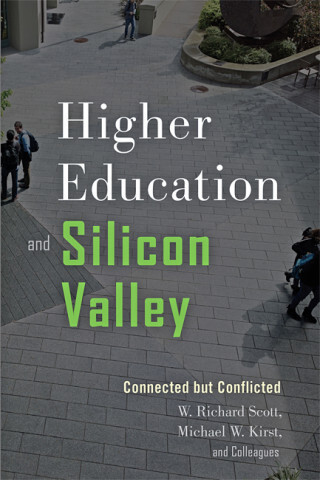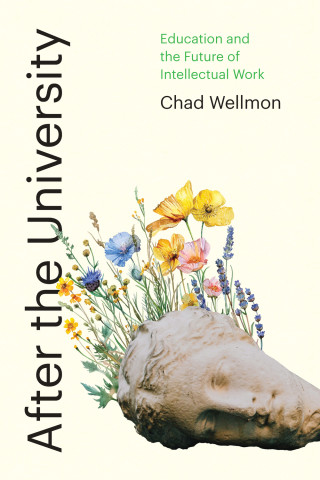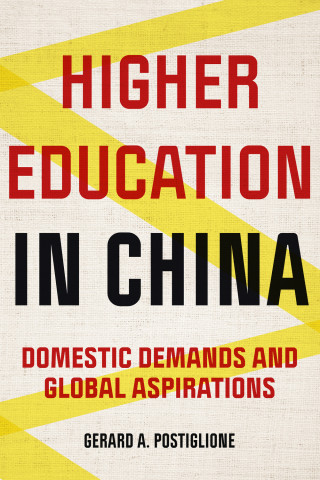
Reviews
In both substance and methodology, this is an innovative contribution to the study of the largest sectors of American higher education. The quantitative and qualitative research is rigorous, and the syntheses of the work of other scholars in such areas as the economic history of Silicon Valley, the culture of American higher education, and the evolution of public policy are careful and thorough.
Book Details
Preface
Introduction, by W. Richard Scott, Michael W. Kirst, Manuelito Biag, and Laurel Sipes
1. The Changing Ecology of Higher Education in the San Francisco Bay Area, by W. Richard Scott, Manuelito
Preface
Introduction, by W. Richard Scott, Michael W. Kirst, Manuelito Biag, and Laurel Sipes
1. The Changing Ecology of Higher Education in the San Francisco Bay Area, by W. Richard Scott, Manuelito Biag, Ethan Ris, and Brian Holzman
2. The Regional Economy of the San Francisco Bay Area, by W. Richard Scott, Bernardo Lara, Manuelito Biag, Ethan Ris, and Judy C. Liang
3. Broader Forces Shaping the Fields of Higher Education and the Regional Economy, by W. Richard Scott, Manuelito Biag, Bernardo Lara, and Judy C. Liang
4. Diverse Colleges in Varied Sub-Regions, by W. Richard Scott, Ethan Ris, Manuelito Biag, and Bernardo Lara
5. Structures and Strategies for Adaptation, by W. Richard Scott, Ethan Ris, Judy C. Liang, and Manuelito Biag
6. Policy Perspectives, by Michael W. Kirst, W. Richard Scott, Laurel Sipes, and Anne Podolsky
Appendix A
Appendix B, by Brian Holzman
References
Contributors
Index




